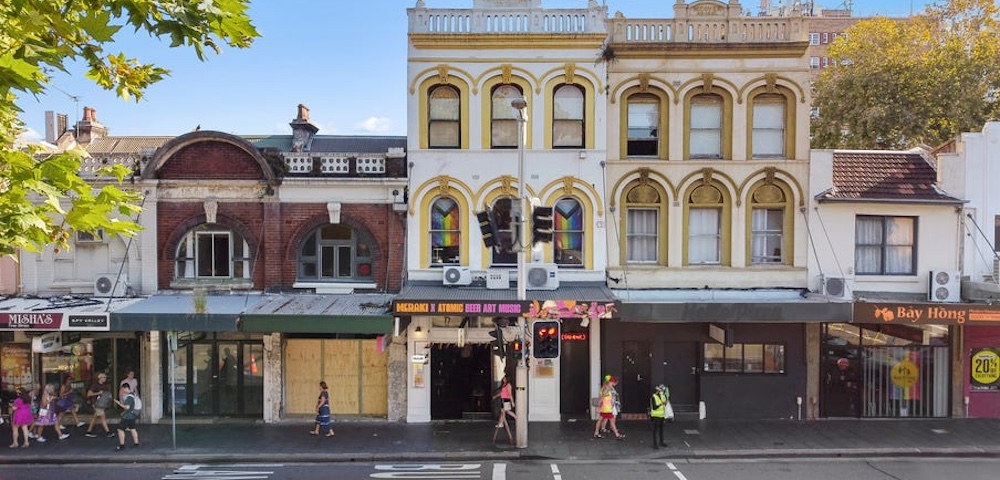
Dispute over Egyptian aid
While Australian gay and lesbian organisations this fortnight plan a unified campaign to persuade the Aus-tralian government to act over the Egyptian gay rights crisis, some ethical questions over the international response to the issue remain.
So far, the expected reaction of the Australian government to a unified community campaign against the Egyptian situation remains unclear.
Although the government has so far refused to act over the Egyptian rights crisis, the Minister for Foreign Affairs Alexander Downer’s office this week reiterated the Minister’s commitment to international human rights.
In a statement issued to the Star yesterday, a spokesperson said the Minister is currently waiting on a report on the crackdowns from the Australian embassy in Cairo.
Australian delegations to UN conferences -¦ have worked with other countries to ensure that sexual orientation was recognised as a category for potential discrimination, the spokesperson stated.
Already, overseas rights organisations led by the International Gay and Lesbian Human Rights Committee (IGLHRC), Muslim gay and lesbian rights group Al Fatiha, UK-based website Gayegypt. com and Amnesty International have launched spirited campaigns against the Egyptian crackdowns.
In particular, rights groups in the United States and Britain have strongly criticised recent decisions by their home nations to proceed with multi-billion dollar aid and trade packages to Egypt this year, despite increasing reports of human rights violations in Egypt.
It is uncertain whether Australian-based rights groups will adopt a similar critique of the Australian government’s relationship to Egypt.
Traditionally the Australian government has not contributed direct foreign aid packages to Egypt.
However, Australia has included Egypt in a broader aid program for African nations, which has granted Egypt debt forgiveness for wheat purchases in a deal that is believed to be worth over $36 million to Egypt.
In a statement to Sydney Star Observer in March this year, Amnesty Australia argued the point that ceasing aid to foreign nations to make a political point about human rights violations cannot be justified if it compromises other fundamental rights such as access to medical care, food or clean water.
However, in the Australian case, this clash of ethics between political rights and the right to access basic goods and services is unlikely to hold relevance.
It is understood the Australian debt relief program dates from a 1991 agreement between a range of allied countries that introduced measures aimed at rewarding Egypt for its support of the United States in its war against Iraq.
In this case I don’t see a problem [with groups targeting Australia’s debt forgiveness to Egypt], because the basis of the aid is entirely about Egypt’s agreement with the western allies -“ it’s not actually humanitarian assistance, Ken Davis, international programs manager for APHEDA Union Aid Abroad told the Star.
Thirty-six million is a vast amount of money compared to other countries included in Australia’s African program. It is a level of debt forgiveness about as big as the whole Australian program for southern Africa and much more than those for the Middle East, Davis said.









